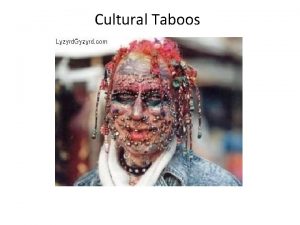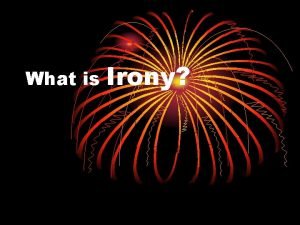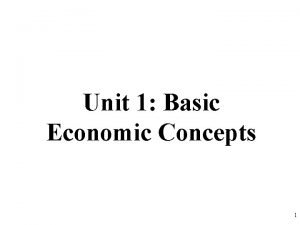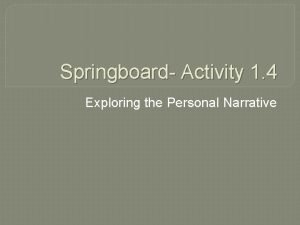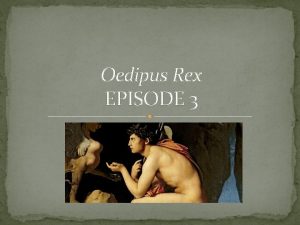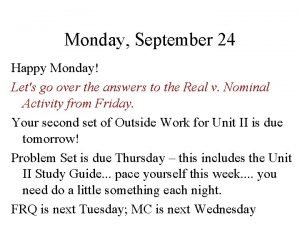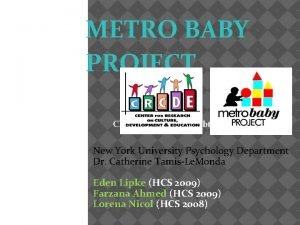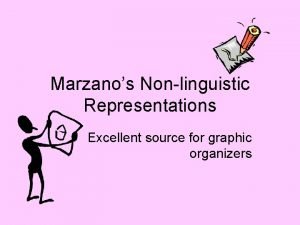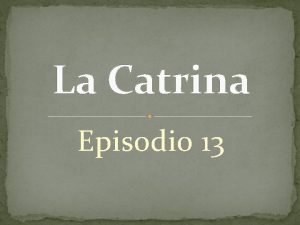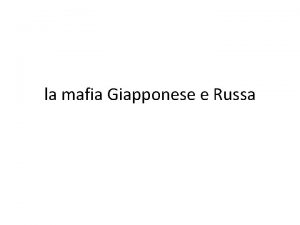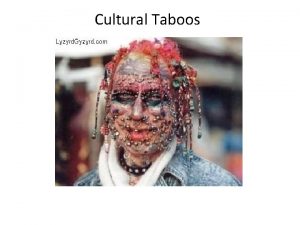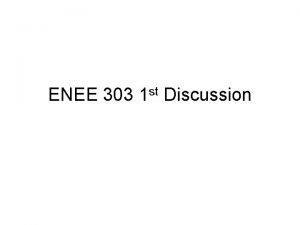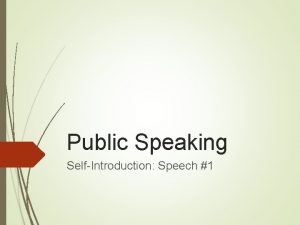Lesson 3 4 Episode 3 Yakuza Hanafuda SelfIntroduction












- Slides: 12


Lesson 3 & 4

Episode 3 Yakuza & Hanafuda

Self-Introduction • 私の名前は_______です。 • (Watashi-no nomae-wa _____desu/My name is ____)

Yakuza Phrases • • • 任侠 (ninkyou) = Honor てめえ (temee) = Vulgar way of saying hello; (guys) シカと(shikato) = Ignore 花札 (Hanafuda) = Japanese playing cards お姉さん (Oneesan) = Big Sis (Yakuza way of referring females) • ぼんくら (Bonkura) = Idiot

Hanafuda Phrases • ぴかいち (Pikaichi): A hand consisting of only one good card • あかよろしい (Aka yoroshii): Obvious Goodness

1900 Elementary School Revision • There used to be different hiragana for one sound • Too confusing; Meiji government revised hiragana for one hiragana per sound.

Episode 4 Kanji origins & Standard Japanese

Chinese & Japanese Kanji • Long ago Japan did not have an alphabet • When the Chinese brought Kanji, Japan used its phrases with Chinese Kanji. • It means the same in both languages but they are different words.

Kanji Incorrect & Correct • 振り仮名 (Furigana): Hiragana that is placed on the Kanji to easier read/understand • Prevalent in Japanese comics, some Kanji have incorrect furigana, thus causing incorrect understandings • 失恋 (shitsukoi): meaning inconsistence/ (shitsuren): unrequited love

Japanese Types • 標準語 (Hyojungo): Standard Japanese - This is the standardized Japanese the powerful created to establish a uniform language • 共通語 (Kyoutsuugo) = Common Japanese - This is the way Japanese is regularly spoken.

Common Japanese Examples • Words like: desu and masu are examples of common Japanese, spread by samurai because of the geisha • Zamasu is a word spread by the oira (courtesans) that means “to be”. • Oikora! Is now commonly used in anger, but originally was used to get someone’s attention. • De Arimasu is a word originating from Yamaguchi
 Bing
Bing Verbal irony in serial episode 3
Verbal irony in serial episode 3 Econmovies episode 5 worksheet answers
Econmovies episode 5 worksheet answers Writing a personal narrative episode 1
Writing a personal narrative episode 1 Oedipus episode 2 summary
Oedipus episode 2 summary Oedipus rex by sophocles summary
Oedipus rex by sophocles summary Happy
Happy Episode the baby project
Episode the baby project Episode pattern organizer example
Episode pattern organizer example La catrina episodio 13
La catrina episodio 13 Episode 901 review answers
Episode 901 review answers Divine intervention episode 97
Divine intervention episode 97 Eayly
Eayly
